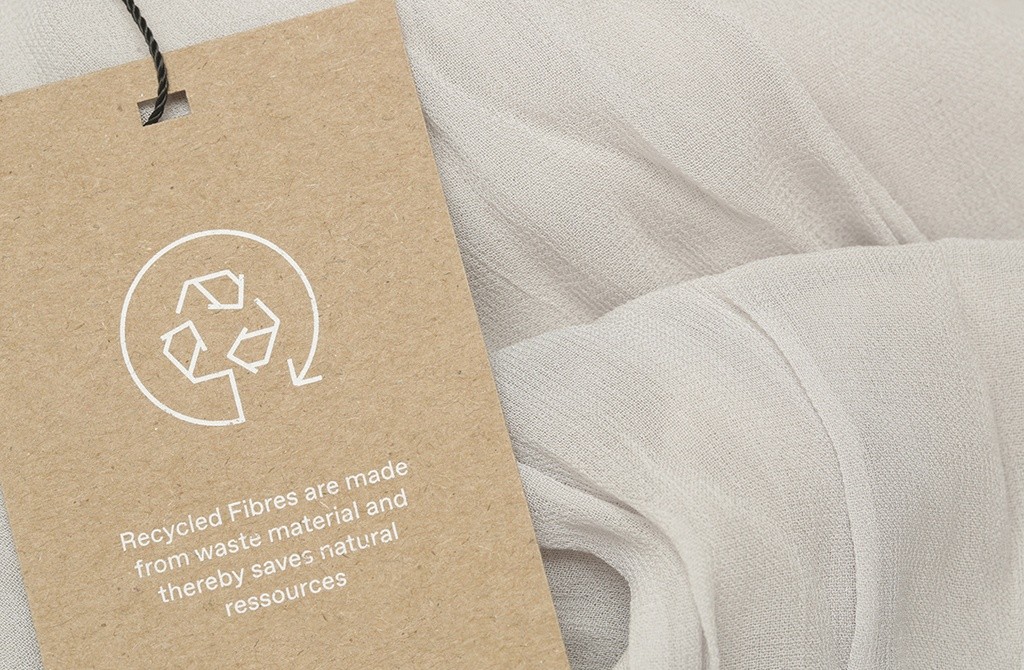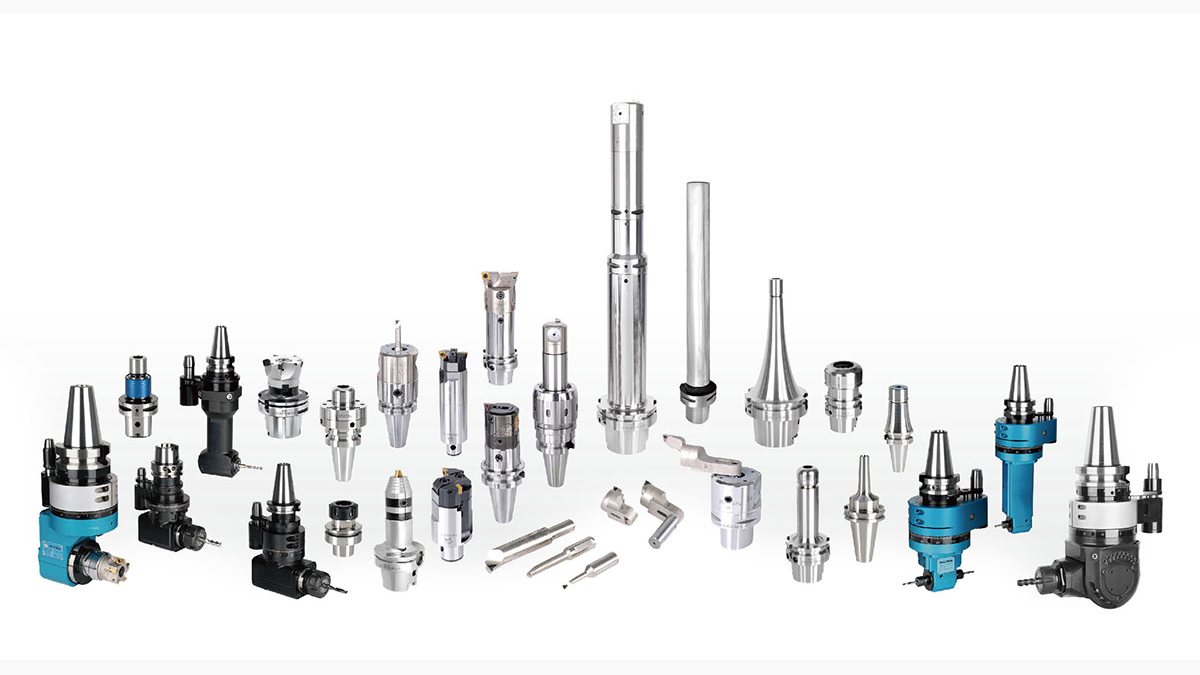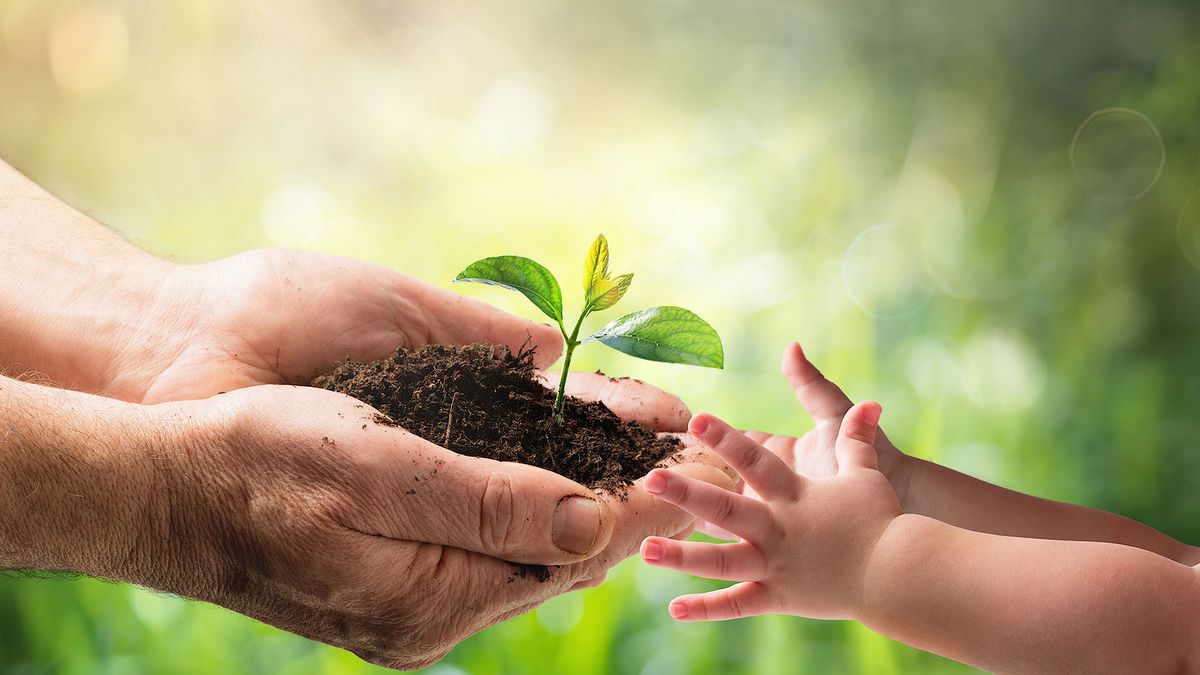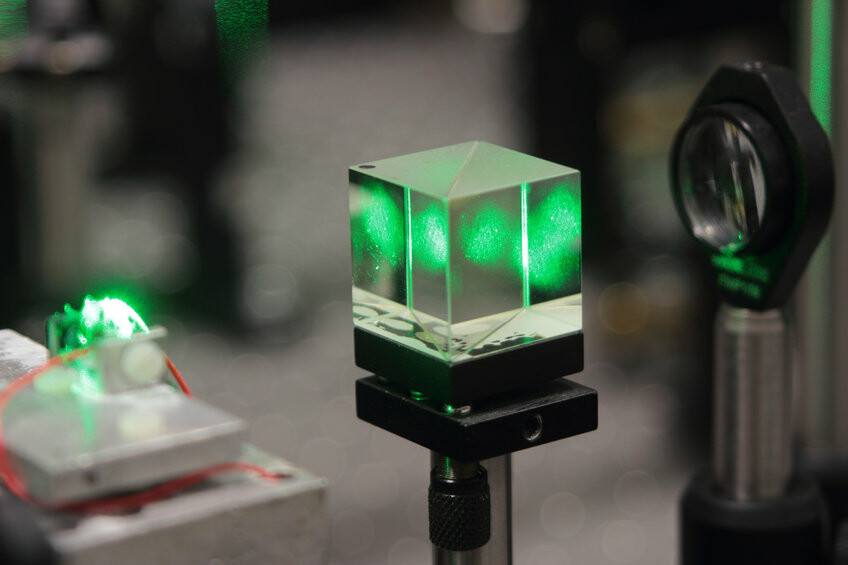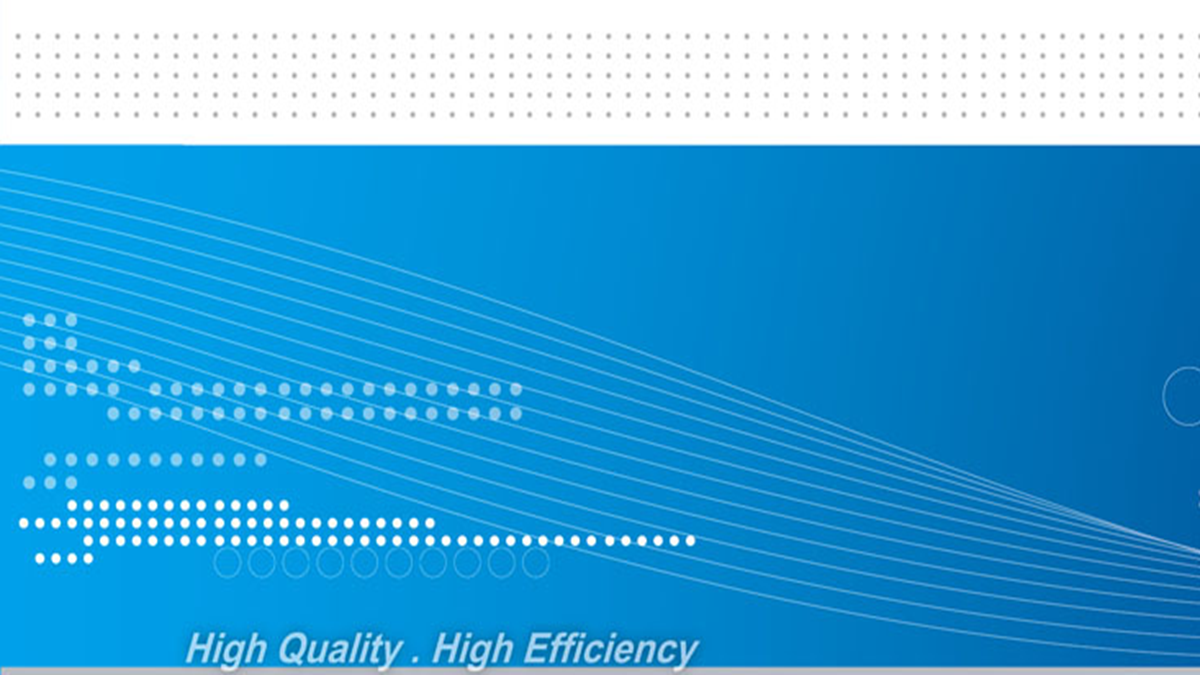As the times evolve and the public’s aesthetic preferences advance, fast fashion has gradually become mainstream, characterized by rapid production, low prices, and mass consumption. Consequently, the textile industry’s waste problem has become increasingly severe. According to data, approximately 92 million tons of textile waste are generated globally each year, and the recycling rate for this waste is extremely low—less than 1% of garments are reused, while the majority are incinerated, placing a tremendous environmental burden on the Earth.
Environmental & Recycling Challenges in Textile Production
With the rise of global awareness regarding environmental protection, the textile industry’s impact has garnered increasing attention. As one of the world’s major consumer industries, textile production affects the environment in every phase—from raw material sourcing to dyeing and finishing processes—but especially the dyeing stages, which are hotspots for pollution and release vast quantities of harmful substances. Additionally, mixed-fiber garments are particularly difficult to recycle and often cannot be effectively reused—they end up being incinerated, intensifying environmental pressure.
In recent years, many textile manufacturers have begun to address these environmental issues, actively investing in research and innovation in order to achieve sustainability and contribute to the Earth.
AceGreen’s Three Key Technical Highlights
Against this backdrop, AceGreen was established. Founded in 2011, AceGreen inherits its parent company’s business philosophy and leverages innovative technologies aligned with sustainable principles to break the textile industry’s harmful environmental impacts.
GreenCell® Lyocell Filament:
AceGreen’s eco-friendly long filaments are made from natural materials combined with advanced fiber technologies, resulting in high-strength, biodegradable fibers. These fibers use less water and chemicals during production and can degrade quickly after use, minimizing environmental impact.
Melt-blown Nonwoven Fabric:
AceGreen’s melt‑blown nonwoven technology uses thermoplastic polymers processed through a melt‑spinning method to create fine, uniform fibers used in protection masks, filtration materials, and other high‑demand products. These nonwovens feature excellent filtration and antibacterial properties while maintaining breathability.
Recycled Cotton-to-Lyocell:
AceGreen focuses on reprocessing waste cotton textiles into usable new fibers. Through a strategic partnership with CIRC, they apply a hydrothermal blended recycling process that separates cotton from poly‑cotton blends and turns reclaimed cotton into Lyocell filament.
International Recognition & Collaborative Performance
AceGreen’s efforts go beyond the Taiwan market. Through collaborations with organizations such as Canopy and global brands like Inditex (ZARA’s parent company), they promote a greener, more sustainable direction for the global textile industry. AceGreen earned the Dark Green Shirt ranking in Canopy's Hot Button Report—an elite certification recognizing excellence in environmental management and material recycling.
Sustainability Strategy & Corporate Responsibility
AceGreen has clearly defined strategies and practices in environmental and social responsibility, demonstrating the company’s commitment to a sustainable future:
Forest Policy & Transparent Sourcing:
achieved third-party CanopyStyle audits in 2021 to confirm supply chains exclude ancient or endangered forests (via ForestMapper, FSC certification).
Sustainability Targets & Transparency:
30% recycled or sustainable raw material usage in 2023, with a target of 70% by 2027.
Community Engagement & Social Responsibility:
prioritizing local employment, sponsoring community cultural events, providing public safety resources, and implementing gender equality and labor rights mechanisms.
Future Outlook: Sustainability Road Continues
AceGreen demonstrates through tangible action that even the most basic textile can serve as a force for global industry transformation. From raw material selection to process innovation to partnership with international brands, AceGreen has not only overcome technological barriers but also established a benchmark for sustainable development. As the circular economy spreads, AceGreen’s innovative mindset will continue leading the textile industry toward a greener and more responsible future.


